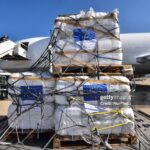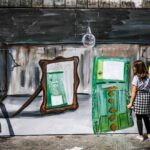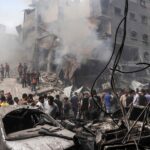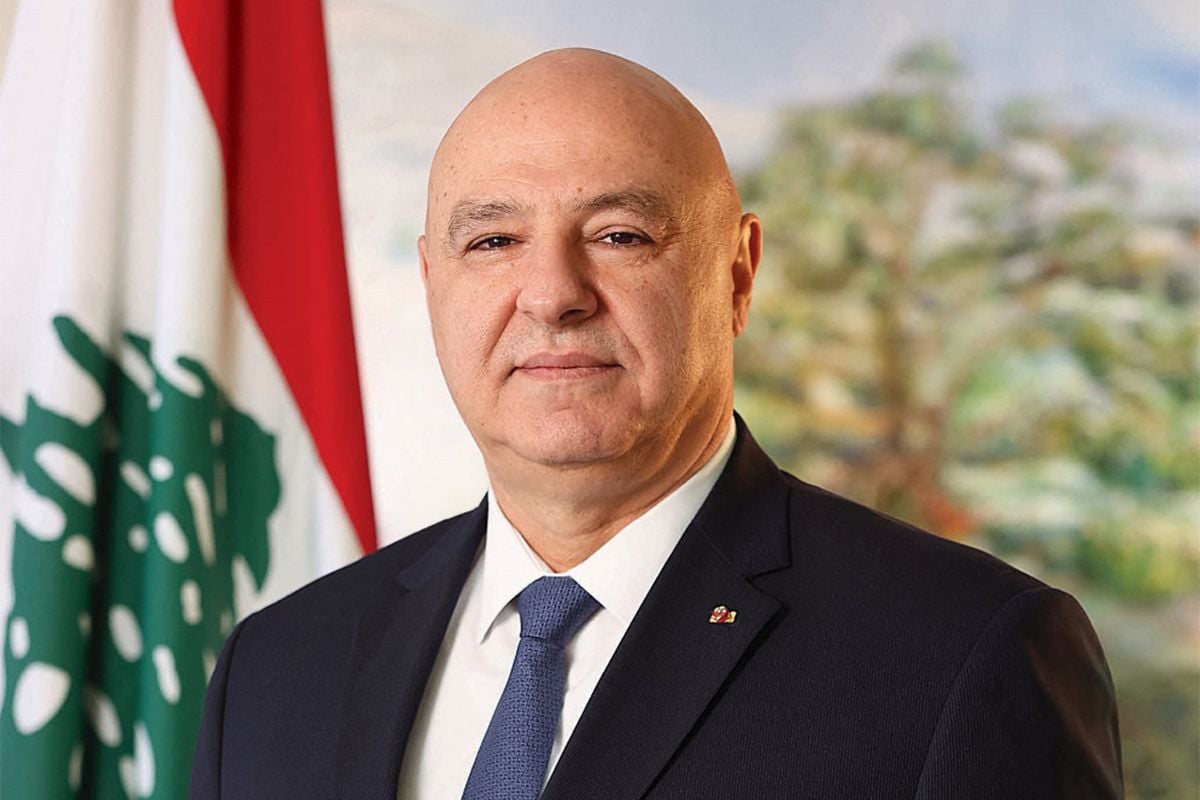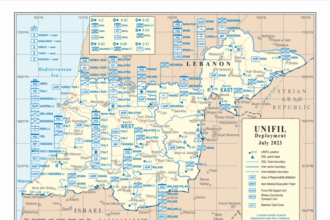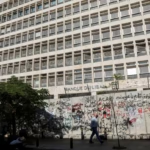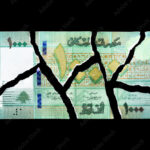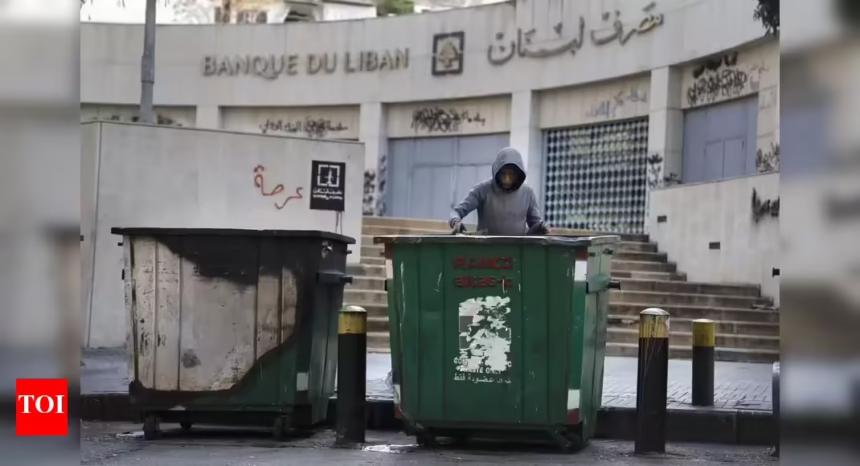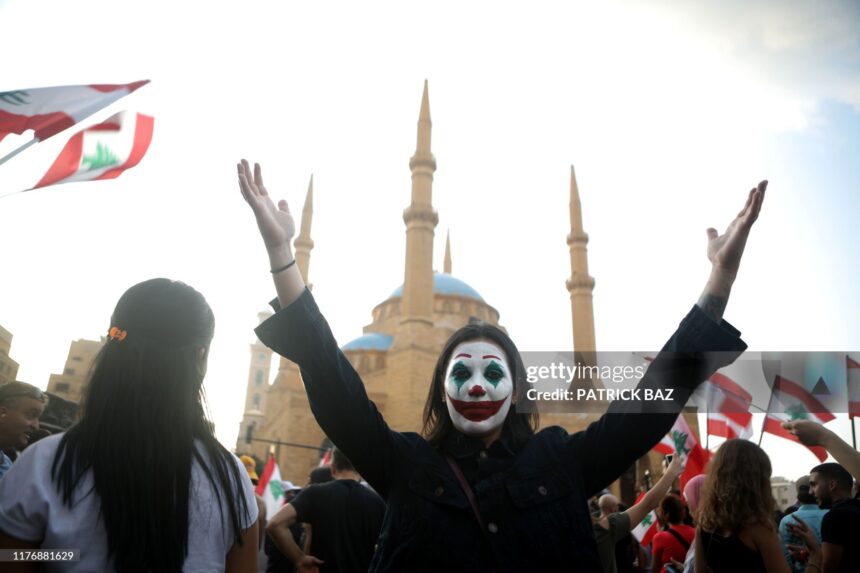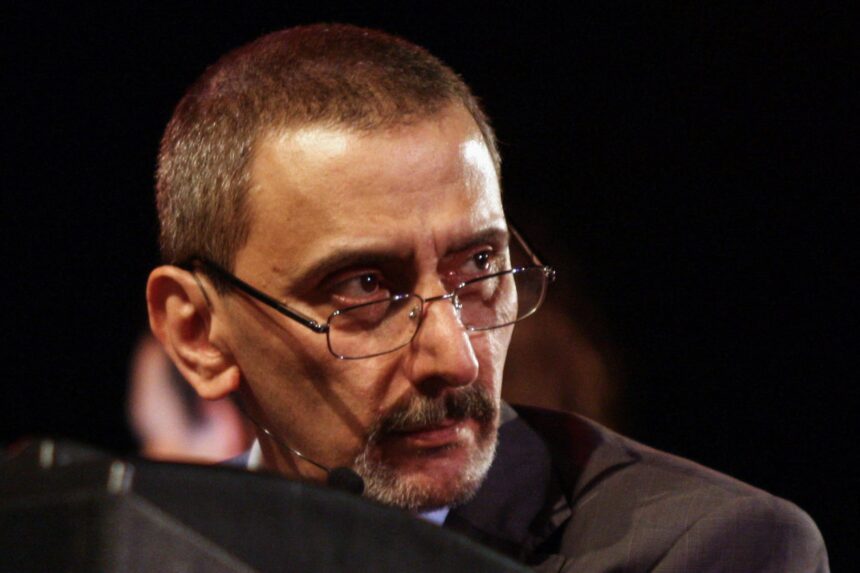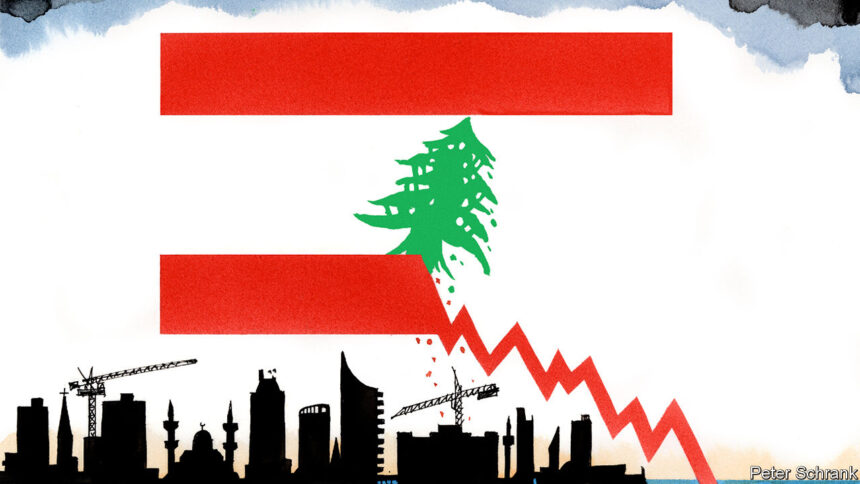President Joseph Aoun, during his speech at the Ministry of Defense on Army Day, disclosed the truth about the negotiations he began with the American side, with full agreement from Prime Minister Nawaf Salam and in coordination with Speaker Nabih Berri. The negotiations aim to ensure respect and implementation of the ceasefire declaration previously agreed upon by the former Lebanese government. The proposed measures outlined by President Joseph Aoun could have significant impacts on Lebanon’s territorial sovereignty and security:
- Restoration and Assertion of Territorial Sovereignty: The demands for an Israeli withdrawal behind internationally recognized borders, the demarcation of Lebanon’s land and maritime borders (especially with Syria), and the extension of Lebanese state authority over its full territory collectively aim to reaffirm and secure Lebanon’s sovereignty. By setting Lebanon’s borders—south, east, and north—clearly and for the first time in history, these steps would help assert full national control and limit foreign violations or disputes over territory.
- Enhanced State Security and Stability: The call for the disarmament of all armed groups, including Hezbollah, and the handover of their weapons to the Lebanese Army would unify armed power under state institutions. This would strengthen the state’s monopoly over the use of force, reduce the risk of internal conflict, and improve internal security by eliminating parallel armed groups. It could also enhance Lebanon’s credibility in international forums and strengthen legal authority throughout the country.
- Strengthening Security Forces: The proposal for a $1 billion annual support package for a decade would significantly boost the capabilities of the Lebanese Army and security agencies. Improved funding would modernize equipment, training, and morale, making Lebanese security forces more effective in defending borders, preventing external aggression, and ensuring domestic order.
- International Support and Oversight: By involving the United States, France, Saudi Arabia, and the United Nations in border demarcations and seeking an international donor conference on reconstruction, Lebanon would gain valuable technical, diplomatic, and financial support. This international backing may deter potential violations of sovereignty and promote respect for Lebanon’s borders.
- Long-term Stability and Prosperity: The proposed measures to combat smuggling, resolve refugee issues, and support alternative agriculture/industries address root causes of internal insecurity and social tension. Stable borders, effective law enforcement, and new economic opportunities can contribute to social cohesion and sustainable security.
However, the implementation faces numerous challenges such as internal political divisions, potential resistance from armed groups (especially Hezbollah), and the complex regional context involving neighbors like Israel and Syria. Full realization of these measures would require broad national consensus, steadfast international support, and effective state institution-building. If successful, the outlined plan could represent one of the most significant advances in Lebanese territorial integrity and security since independence.
What did Aoun say
He spoke clearly and frankly about the amendments made to the American proposal.
President Aoun stated:
“Facing my historical responsibility, based on my constitutional powers stipulated in Article 52, out of respect for the oath I have sworn and my inaugural address, I find it my duty today to reveal to the Lebanese people, to international public opinion, and everyone concerned, the reality of the negotiations I initiated with the American side. This is done in full agreement with Prime Minister Nawaf Salam and in ongoing coordination with Speaker Nabih Berri, and aims at ensuring respect for the implementation of the ceasefire declaration unanimously accepted by the previous Lebanese government.”
He continued:
“The American side presented us with a draft proposal to which we made essential amendments. This amended document will be submitted to the Council of Ministers early next week, in line with proper procedures, to set the timelines for its implementation.”
He added:
“The most important points we demanded are:
- Immediate cessation of Israeli hostilities—by air, land, and sea—including assassinations.
- Israeli withdrawal behind internationally recognized borders and the release of prisoners.
- Extension of Lebanese state authority over the entirety of its territory and the disarmament of all armed groups, including Hezbollah, with their weapons to be handed to the Lebanese Army.
- Ensuring an annual sum of $1 billion for ten years from friendly countries to support and enhance the capabilities of the Lebanese Army and security forces.
- Holding an international donor conference for Lebanon’s reconstruction in the upcoming autumn.
- Delimiting, demarcating, and confirming the land and maritime borders with the Syrian Arab Republic, with the assistance of the United States, France, Saudi Arabia, and specialized UN teams.
- Resolving the issue of Syrian refugees.
- Combating smuggling and drugs, and supporting alternative agriculture and industries.”
The president concluded:
“These are the key points of our memorandum, whose implementation stages we have outlined to run in parallel. No sincere Lebanese can fail to embrace them, as they block Israel from continuing its aggression, require Israeli withdrawal from all Lebanese land, delineate Lebanon’s borders south, east, and north for the first time in our history, enable border monitoring, prevent further aggression, facilitate the return of displaced persons to their lands, provide funds for rebuilding infrastructure and homes, and restore confidence in the Lebanese state and its institutions—particularly the Army. This offers us a chance to achieve lasting and stable peace, which is the essential condition for Lebanese economic prosperity and for advancing the structural reforms we need, with both international and Arab support.”



